Case
We Have Saved 40% Cost For 2200+ Customers
-
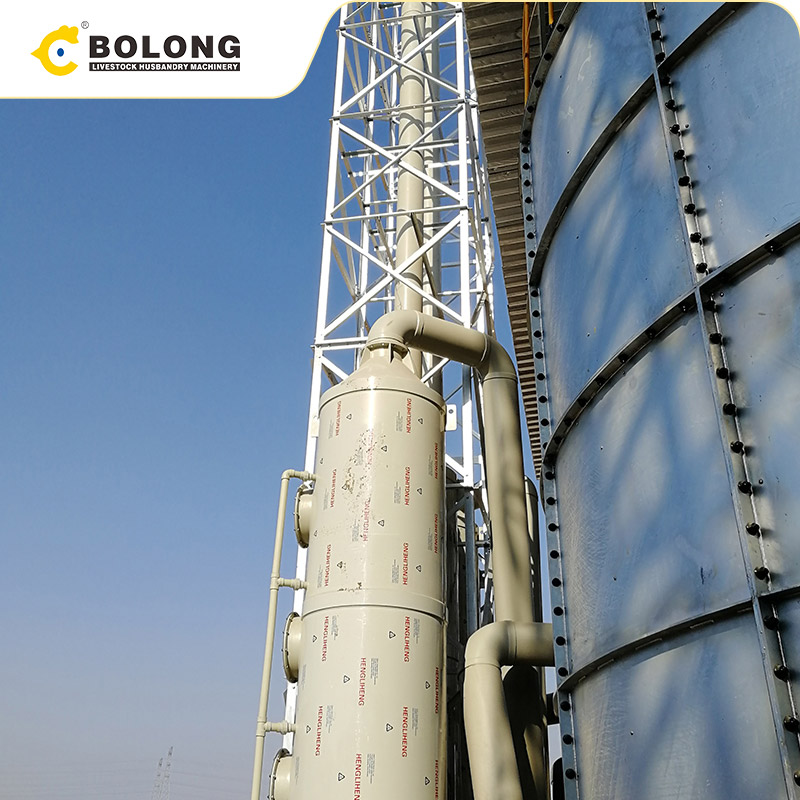 The Role of Fermentation Tanks in Reducing Agricultural RunoffIntroduction Agricultural runoff is a significant source of water pollution. Fermentation tanks help reduce runoff by producing compost that enhances soil structure and nutrient retention. Challenges of Agricultural Runoff Runoff from agricultural fields carries nutrients and sediments into water bodies, causing pollution and ecosystem damage. Effective soil and nutrient management practices are needed to mitigate this issue. Role of Fermentation Tanks Fermentation tanks produce compo...More
The Role of Fermentation Tanks in Reducing Agricultural RunoffIntroduction Agricultural runoff is a significant source of water pollution. Fermentation tanks help reduce runoff by producing compost that enhances soil structure and nutrient retention. Challenges of Agricultural Runoff Runoff from agricultural fields carries nutrients and sediments into water bodies, causing pollution and ecosystem damage. Effective soil and nutrient management practices are needed to mitigate this issue. Role of Fermentation Tanks Fermentation tanks produce compo...More -
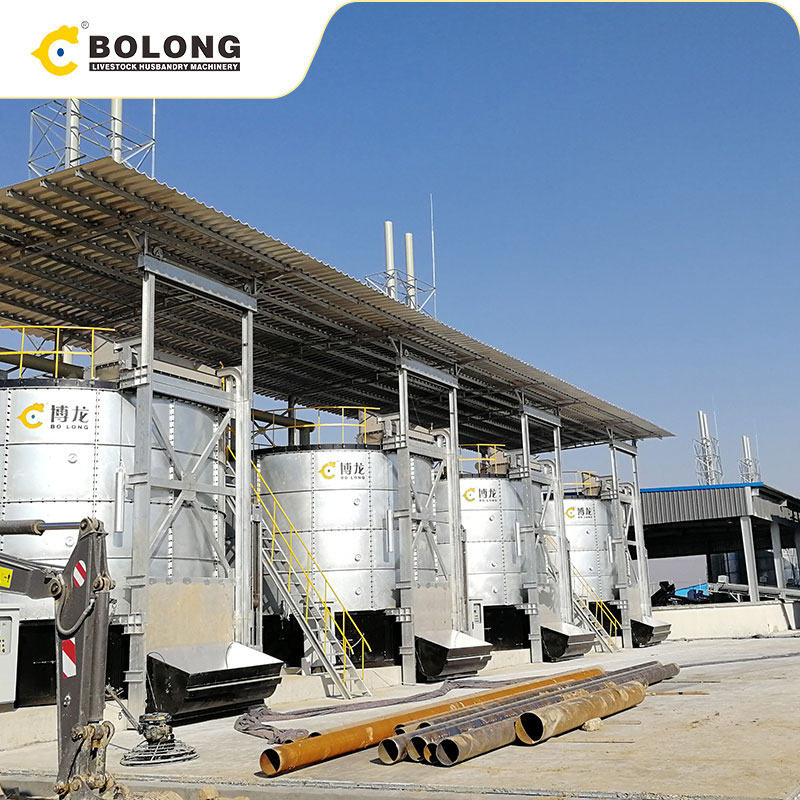 Fermentation Tanks in Sustainable Landscaping PracticesIntroduction Sustainable landscaping practices aim to enhance environmental quality and resource efficiency. Fermentation tanks support these practices by providing compost that improves soil health and plant growth. Principles of Sustainable Landscaping Sustainable landscaping emphasizes the use of natural inputs, soil health, and biodiversity. Effective waste management and the use of organic compost are critical components of this approach. Role of Fermentation Tanks Ferment...More
Fermentation Tanks in Sustainable Landscaping PracticesIntroduction Sustainable landscaping practices aim to enhance environmental quality and resource efficiency. Fermentation tanks support these practices by providing compost that improves soil health and plant growth. Principles of Sustainable Landscaping Sustainable landscaping emphasizes the use of natural inputs, soil health, and biodiversity. Effective waste management and the use of organic compost are critical components of this approach. Role of Fermentation Tanks Ferment...More -
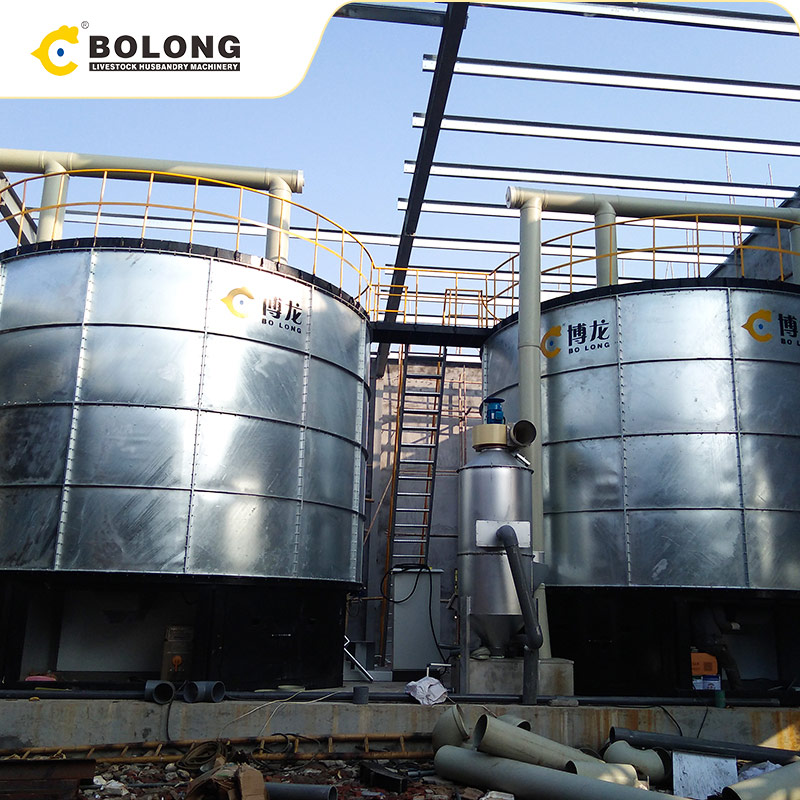 The Role of Fermentation Tanks in Reducing Soil ErosionIntroduction Soil erosion is a significant threat to agricultural productivity and environmental health. Fermentation tanks produce compost that helps reduce soil erosion by improving soil structure and stability. Importance of Soil Erosion Control Soil erosion removes topsoil, reducing soil fertility and leading to environmental degradation. Effective erosion control is essential for sustainable agriculture and environmental protection. Role of Fermentation Tanks Fermentation tanks p...More
The Role of Fermentation Tanks in Reducing Soil ErosionIntroduction Soil erosion is a significant threat to agricultural productivity and environmental health. Fermentation tanks produce compost that helps reduce soil erosion by improving soil structure and stability. Importance of Soil Erosion Control Soil erosion removes topsoil, reducing soil fertility and leading to environmental degradation. Effective erosion control is essential for sustainable agriculture and environmental protection. Role of Fermentation Tanks Fermentation tanks p...More -
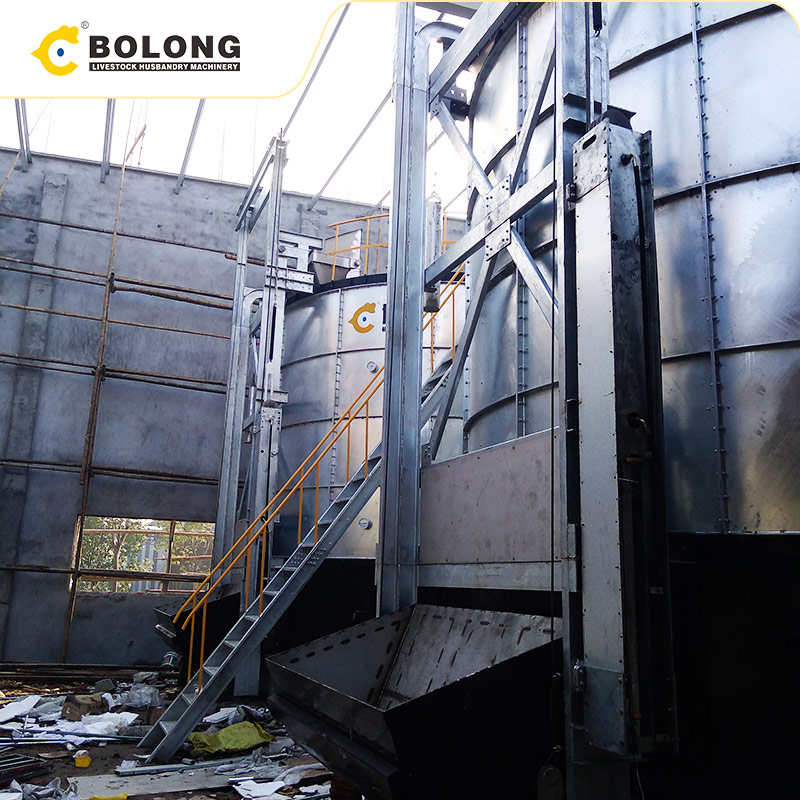 Fermentation Tanks for Managing Organic Waste in Rural AreasIntroduction Rural areas generate significant amounts of organic waste, which requires effective management. Fermentation tanks offer a sustainable solution for converting rural organic waste into valuable compost. Challenges of Rural Waste Management Rural waste management faces challenges such as limited infrastructure and high volumes of agricultural waste. Effective processing are needed to manage organic waste sustainably. Role of Fermentation Tanks Fermentation ta...More
Fermentation Tanks for Managing Organic Waste in Rural AreasIntroduction Rural areas generate significant amounts of organic waste, which requires effective management. Fermentation tanks offer a sustainable solution for converting rural organic waste into valuable compost. Challenges of Rural Waste Management Rural waste management faces challenges such as limited infrastructure and high volumes of agricultural waste. Effective processing are needed to manage organic waste sustainably. Role of Fermentation Tanks Fermentation ta...More -
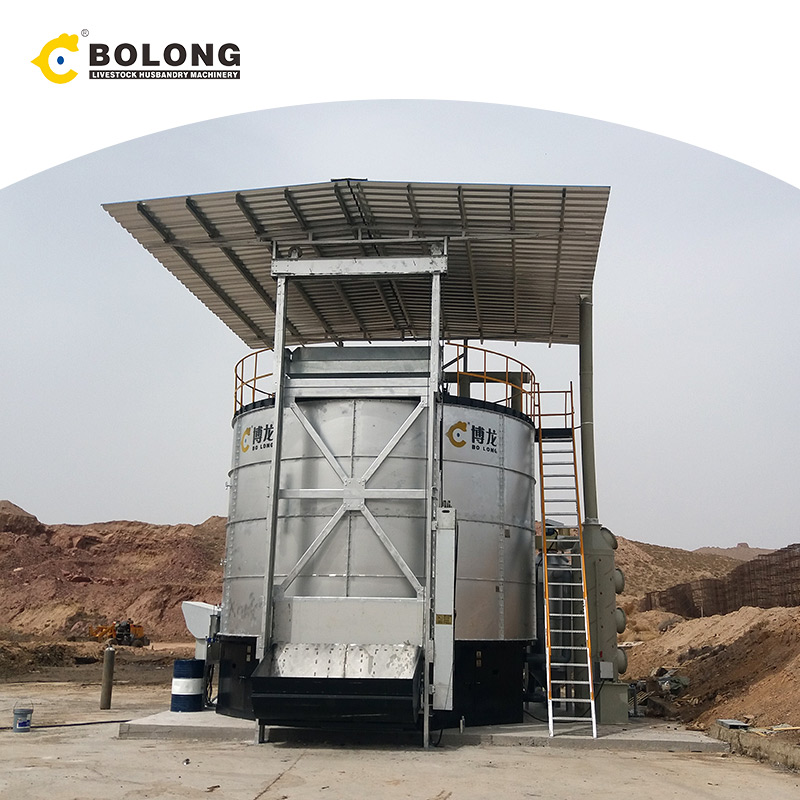 The Role of Fermentation Tanks in Soil Carbon SequestrationIntroduction Soil carbon sequestration is a critical strategy for mitigating climate change. Fermentation tanks support this process by producing compost that enhances soil organic carbon levels. Importance of Soil Carbon Sequestration Sequestering carbon in soil helps reduce atmospheric CO2 levels, mitigating climate change. Organic matter, such as compost, plays a vital role in increasing soil carbon stocks. Role of Fermentation Tanks Fermentation tanks produce compost rich in organ...More
The Role of Fermentation Tanks in Soil Carbon SequestrationIntroduction Soil carbon sequestration is a critical strategy for mitigating climate change. Fermentation tanks support this process by producing compost that enhances soil organic carbon levels. Importance of Soil Carbon Sequestration Sequestering carbon in soil helps reduce atmospheric CO2 levels, mitigating climate change. Organic matter, such as compost, plays a vital role in increasing soil carbon stocks. Role of Fermentation Tanks Fermentation tanks produce compost rich in organ...More -
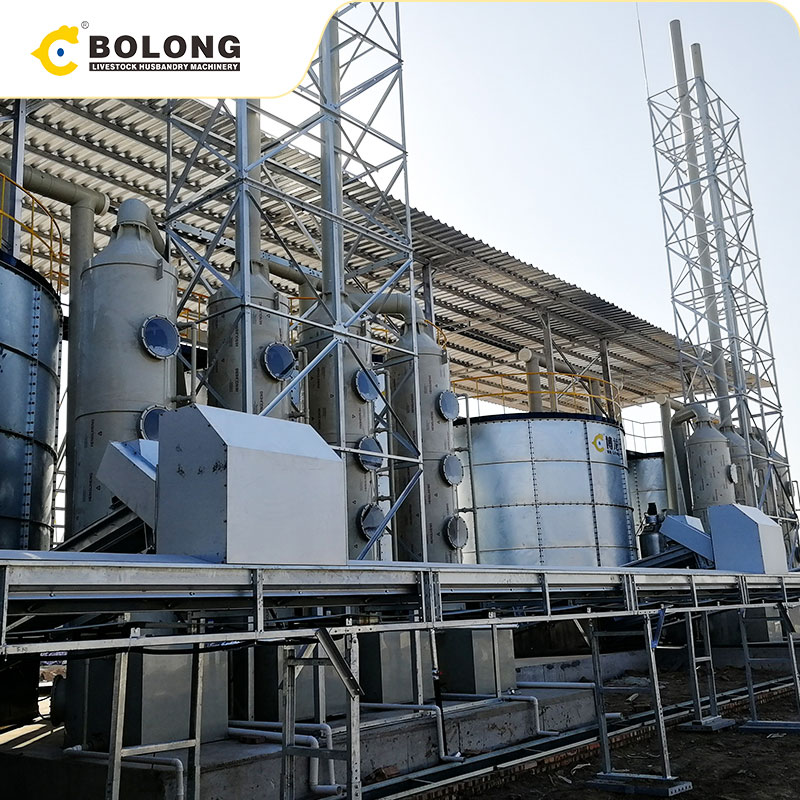 Fermentation Tanks and Sustainable Urban Waste ManagementIntroduction Urban areas face significant challenges in managing organic waste. Fermentation tanks offer a sustainable solution for processing urban organic waste, reducing landfill use and producing compost for urban green spaces. Challenges of Urban Waste Management Urban waste management is complex due to high population density and diverse waste streams. Effective organic waste processing is essential for reducing environmental impact and enhancing urban sustainability. Rol...More
Fermentation Tanks and Sustainable Urban Waste ManagementIntroduction Urban areas face significant challenges in managing organic waste. Fermentation tanks offer a sustainable solution for processing urban organic waste, reducing landfill use and producing compost for urban green spaces. Challenges of Urban Waste Management Urban waste management is complex due to high population density and diverse waste streams. Effective organic waste processing is essential for reducing environmental impact and enhancing urban sustainability. Rol...More